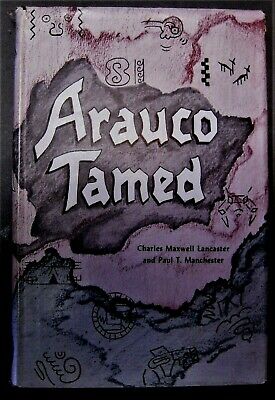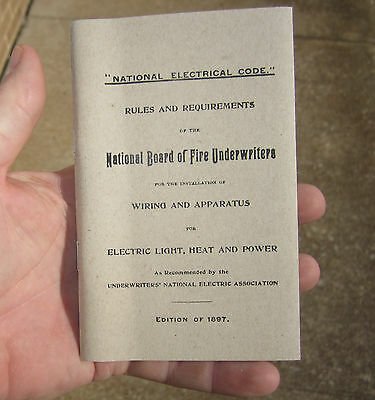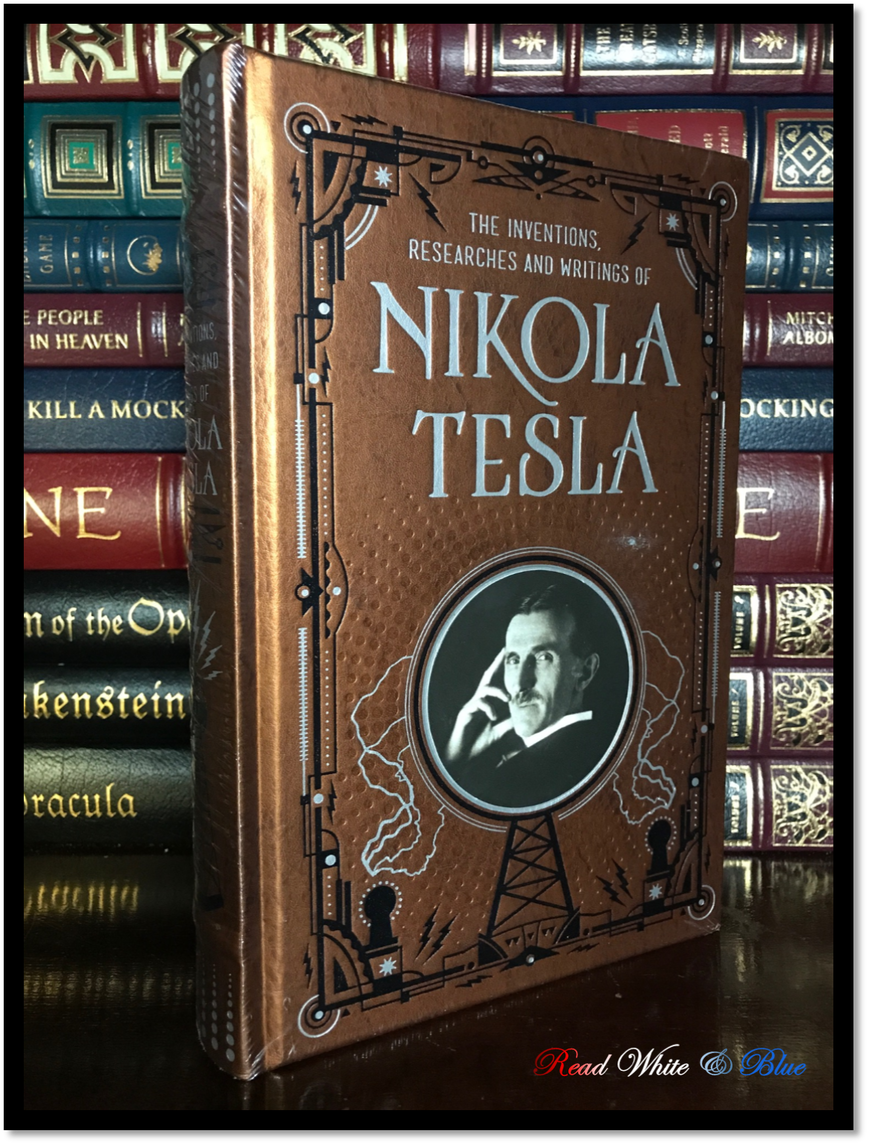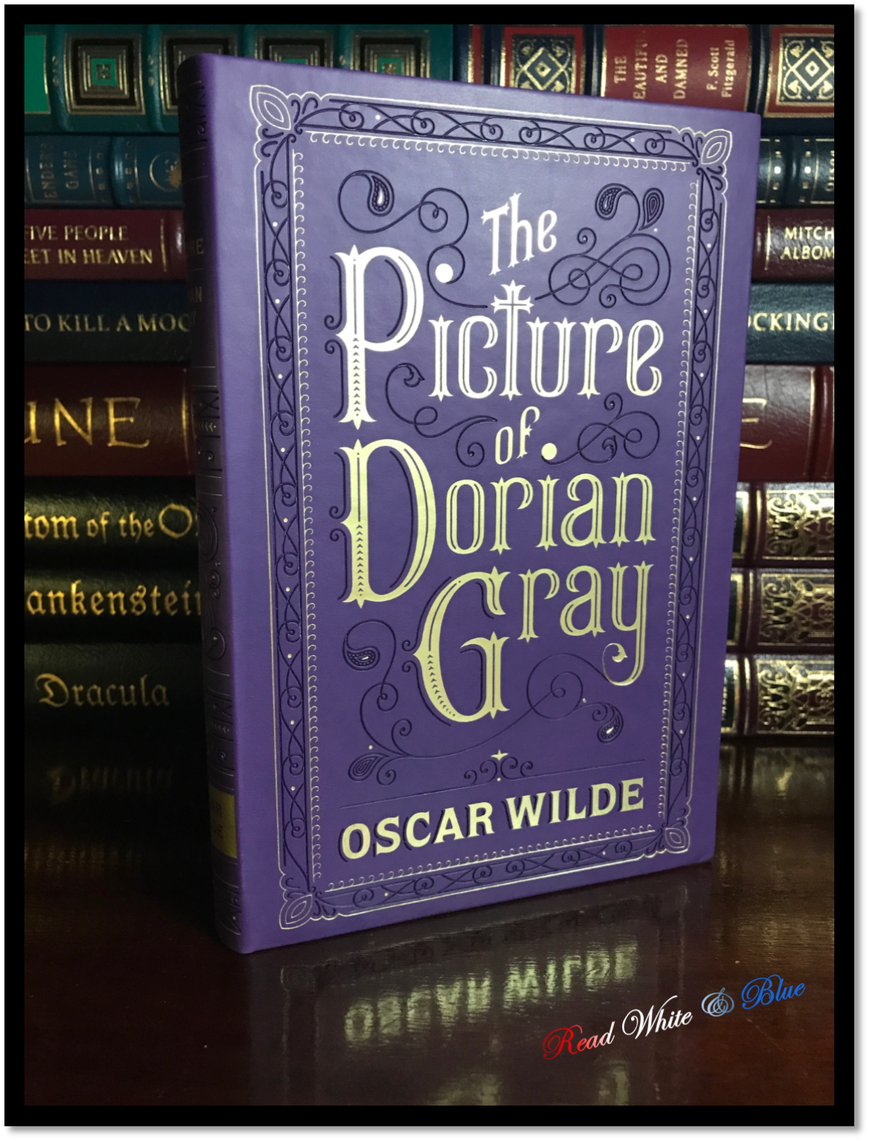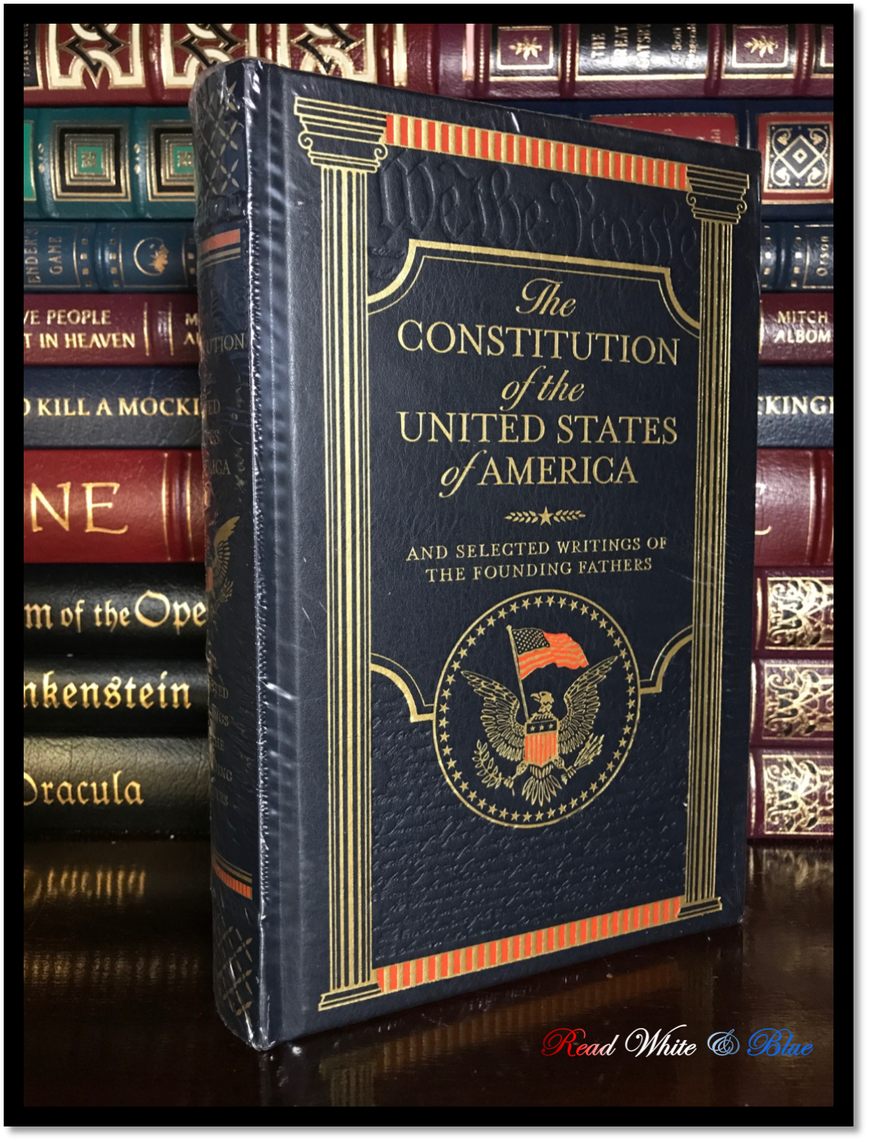-40%
translation of 1596 epic of Indian War in Chile ARAUCO TAMED by Pedro de Ona
$ 10.55
- Description
- Size Guide
Description
ARAUCO TAMEDby The Licentiate Pedro de Oña
translated into English verse
by Charles Maxwell Lancaster and Paul Thomas Manchester
Albuquerque: University of New Mexico Press, 1948.
First edition of this translation
cloth hardcover, 282 pages, 24 cm.
Series Title: Chile's epic harvest, v. 1.
NEAR FINE CONDITION in a very good dustjacket
in a new Brodart mylar dustjacket protector
The following information was taken from Wikipedia:
Pedro de Oña (1570–1643) is considered the first known poet born in Chile, and is best remembered for his verse epic poem
Primera parte de Arauco domado
(“First Part of the Araucan Conquest” [Arauco War {1536}]). Born in Angol, he was the son of a military captain, Gregorio de Oña, who had perished during the conquest of Chile by Spain. Pedro de Oña grew up amid this ongoing conflict; he was born in what was then a small military post, in a territory largely controlled by Chile's indigenous peoples.
His mother remarried with a man of considerable influence, thus allowing Pedro de Oña to study in Lima at the Real Colegio de San Martín and later, at the Universidad de San Marcos. He received his degree from the viceroy García Hurtado de Mendoza, 5th Marquis of Cañete, and in 1596 received his bachelor's degree in Lima. He studied various baroque and classical writers, and worked at various jobs in Peru.
In 1596 he published
Arauco domado.
This epic poem, written in rhymed couplets, praises the military deeds of Hurtado de Mendoza. It appears that Hurtado de Mendoza, dissatisfied with how he was portrayed in
La Araucana
by Alonso de Ercilla y Zúñiga, commissioned a new work: De Oña’s. His models were Virgil’s
Aeneid
as well as Ercilla's work, although, while Ercilla praised the courage of the indigenous people, De Oña praises the courage of his patron Hurtado de Mendoza. The Arauco domado is a poem of 20 cantos that contain dramatic episodes, which include the Battle of Bío-Bío, the rebellion in Quito against the royal tax collectors, and the naval victory of the pirate Richarte Aquines (i.e. Richard Hawkins) over Don Beltrán de Castro y de la Cueva. Other cantos refer to dreams and prophecies, while some contain pastoral and erotic elements, such as the passage concerning Caupolicán and Fresia bathing in a fountain in a glade. In the poem, De Oña characterizes the Mapuches as savage and terrifying. Nevertheless, he provides information on their rites and customs, and those of other indigenous peoples.
When his patron Hurtado de Mendoza departed from Peru, the viceroy’s enemies decided to harm Pedro de Oña’s career by banning
Arauco domado
and denouncing the writer for various writings that the archbishop of Lima, Pedro Muñiz, considered defamatory......
